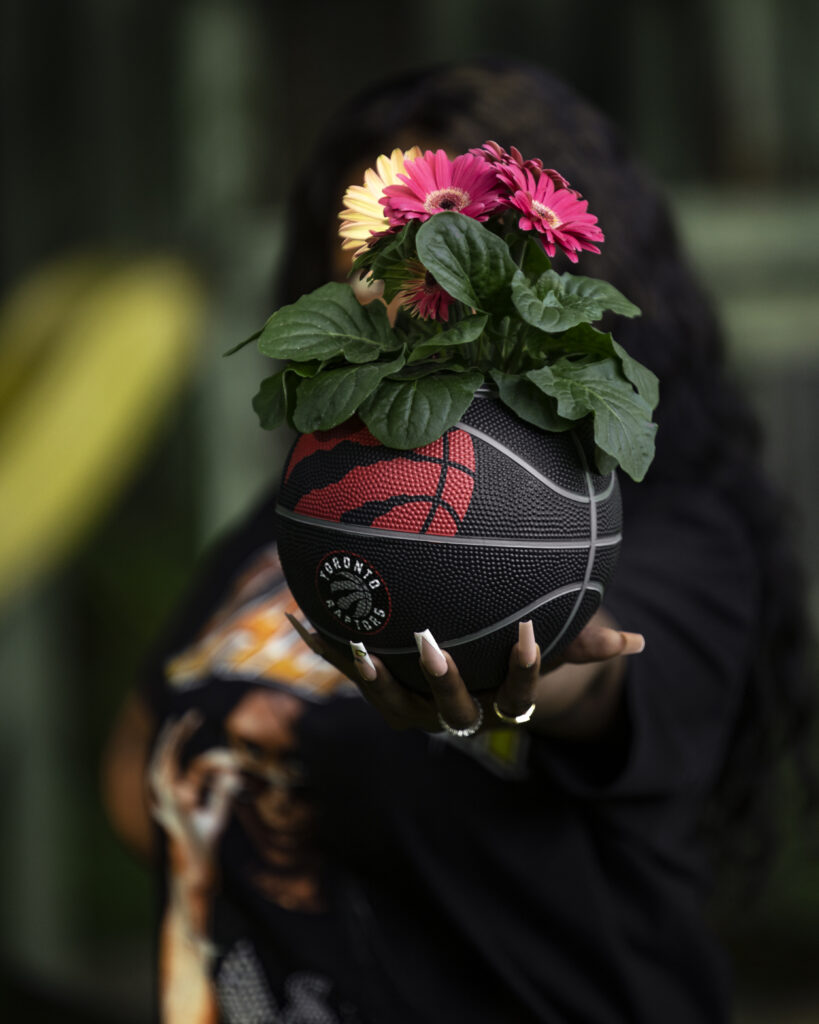It has been well over a year since the pandemic began and saying that the world is exhausted is an understatement. Cities all over the world have been going into lockdown and the world was put on halt. With norms no longer being the norms, everyone was forced to adapt to a new lifestyle. So how has the pandemic affected the younger demographic, and how are they handling their pandemic fatigue?
Post secondary education has taken a drastic change during the pandemic. With online lectures being the solution to avoid large gatherings, the students have mixed opinions on this matter. There are those who believe that online learning is negatively impacting the educational quality. They claim that the restricted use of school facilities does not properly reflect on the tuition they pay. With the “partial” education they receive, they are left ill-prepared once graduated.
On the other hand, there are many who support online learning and believe that it will be an integral part of our educational system in the future. Their claim is that the benefits of online classes outweigh the drawbacks. Many see the pandemic as a push to the inevitable online-oriented society that was going to come with or without the pandemic. Of the coming changes, online schools – specifically post secondary schools – is one that will be greatly influenced. Further development in online culture is to be expected in the coming time.

Apart from education, the younger demographic have become restless from the pandemic. For young adults, their 20s are supposed to be a time for exploration and growth. It is a period where they step into the next chapter of their lives which bestows them with infinite possibilities, but the restrictions the pandemic brought discouraged many to move forward. Because of these restrictions and boundaries, many feel trapped and tied down physically and mentally. The excitement of graduating from the decades spent in a learning institution is crushed by the WFM (work from home) culture that was spawned by the lockdown.
While some are discouraged to move on, others took the pandemic as an opportunity. With the seemingly infinite amount of time people had during the lockdown, the restless young adults had to allocate their energy to new ambitions and hobbies. Small “at home businesses” began to pop up left and right. All sorts of creative businesses started popping up on social media such as basketball pottery, picnic catering, home food catering, and more. Whether it was done to pass the time, to make profit, or to be a non-profit, each business shined with youthful creativity that reflected their respective community. In Toronto, the BioBall made its appearance. The BioBall is a handmade sports planter that adds life to the home environment while raising money for a good cause, as all profits are donated to cancer patients.
While some were starting their “small businesses,” others were entering the world of stocks. It seemed like every other person was learning about stocks and investments. We’ve seen a spike of increase in “stock advisors” found on social media platforms such as Instagram, TikTok, Twitter, and reddit. We’ve heard countless stories of success and failure.
This lockdown has been inescapable as travel has been restricted as well. The phrase, “once COVID is over…,” has been getting louder and louder as people yearn to travel abroad. Whether it is to see family, to work, or just for leisure, young adults all over the world had to put their plans and ambitions on hold.
The past year and few months have been an interesting period of time. As we prepare for the end of the pandemic, the next chapter for these young adults will be even more exciting.
Asia Journal
Cory Yi

